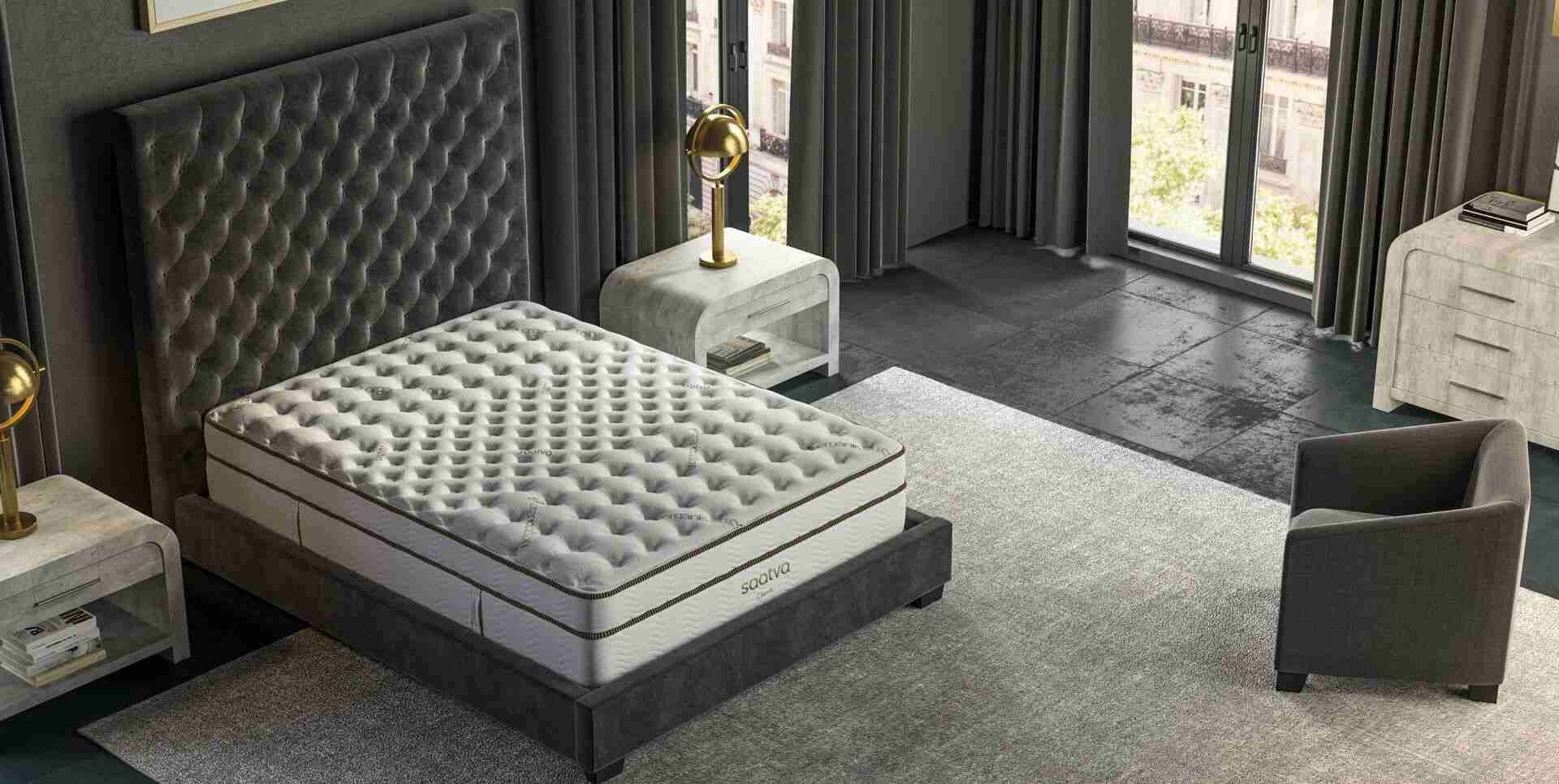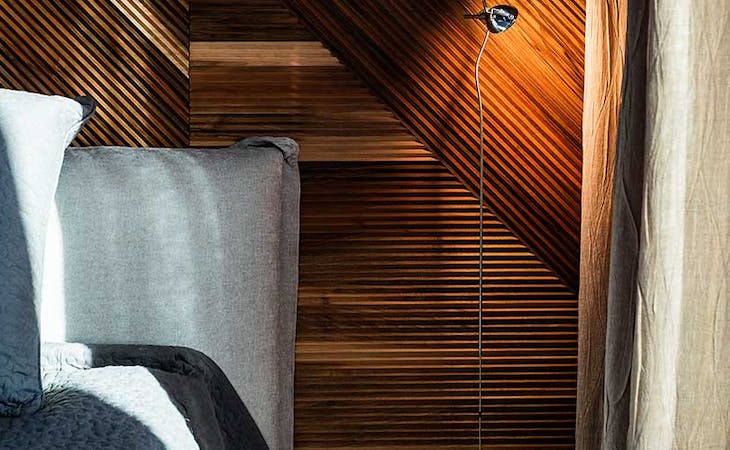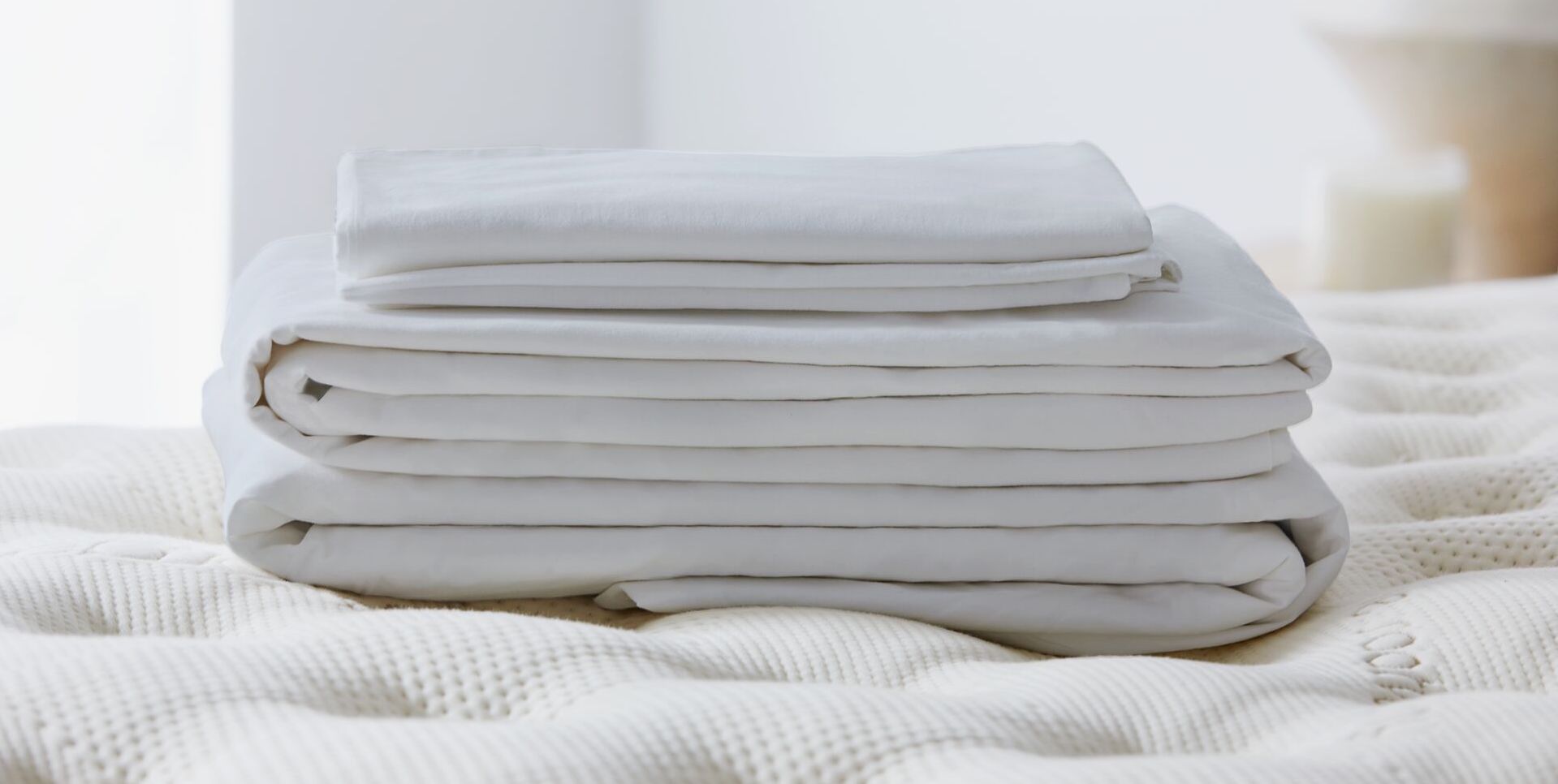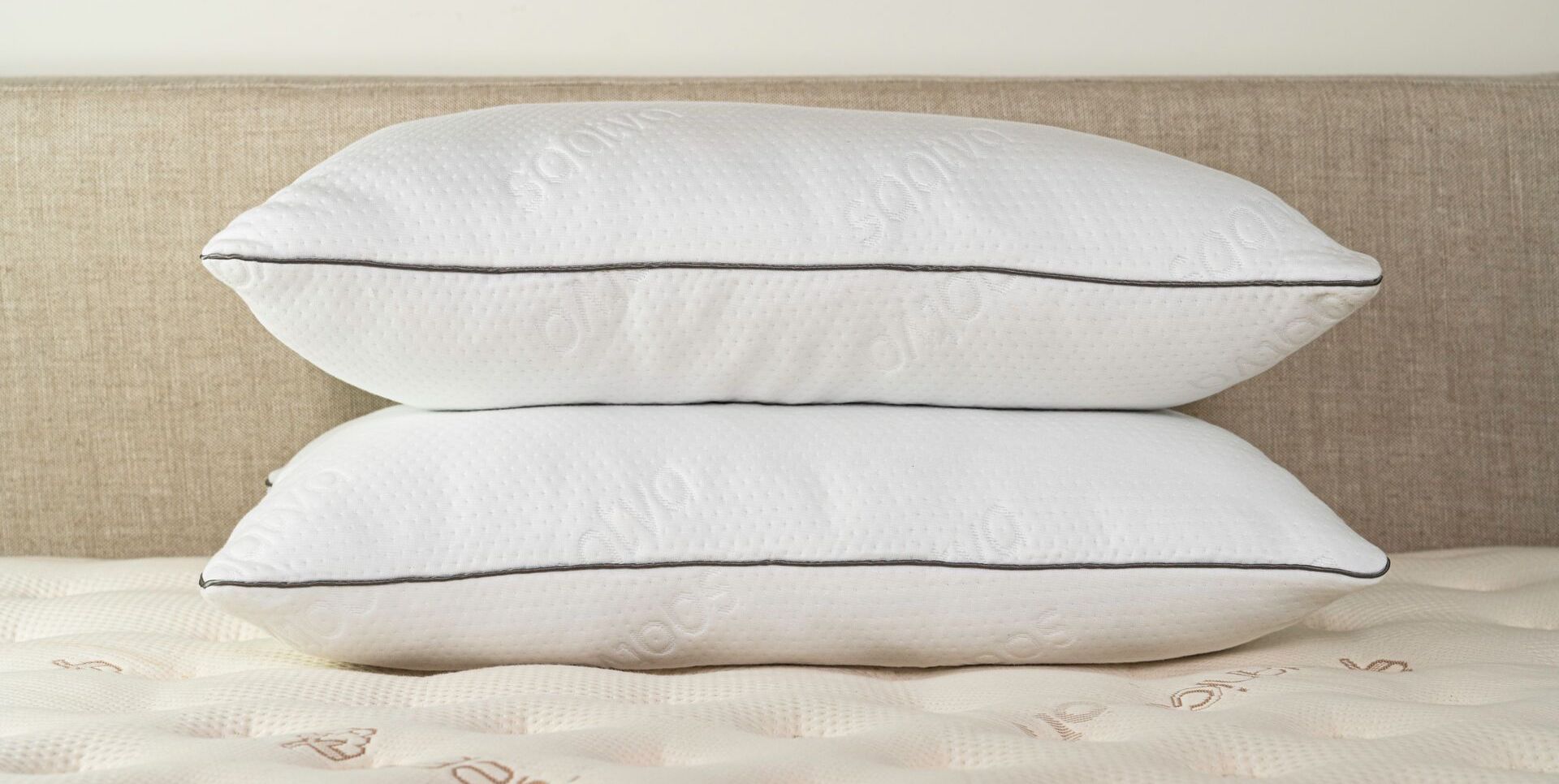I recently spent six months sleeping in hotel rooms across the United States as the chaperone to my 13-year-old daughter, who was performing in the national tour of a Broadway show. As the tour came to an end, many of my friends commented, “I bet you’re looking forward to sleeping in your own bed!”
Are you kidding me? Thanks to the dreamy hotel rooms we stayed in from Pittsburgh to Portland, I had the best sleep of my life during the tour. When we returned home to our apartment in New York City, I was suddenly aware of how every element of my bedroom was conspiring against my ability to get a good night’s sleep. The room was too hot, there was too much noise, and the piles of books, notepads, and unfolded laundry were constantly taunting me with all the chores I had to tackle the next day. I realized that hotels create a special kind of sleep-inducing magic, and I was eager to re-create that in my own home.
Here are a few secrets to how the most luxe hotel rooms lull you to sleep, and how you can use those tricks to enhance your own bedtime experience at home.
Hotel sleep luxury: REM-inducing room temperatures
I never realized how overheated my own bedroom was until I spent all those nights wrapped in a cozy duvet in a cool hotel room. “The ideal room temperature for sleep is about 68 degrees, though some people prefer it even colder,” explains Rachel Marie Salas, M.D., an associate professor of neurology and sleep specialist at Johns Hopkins Medicine.
There’s biology behind this fact: Your body temperature naturally drops during sleep, and a cool environment helps ease the process along. Too-warm temps can cause restlessness and decrease the quality of REM sleep, according to the National Sleep Foundation. I had the option of adjusting the temp in the hotel rooms I stayed in, but the default setting was always a cool, sleep-friendly 67 or 68 degrees. After much experimenting, I have found that turning my apartment radiator completely off and using a medium-weight duvet in the winter gives me just the right amount of chill.
Hotel sleep luxury: Softly lulling darkness
I also noticed that hotel rooms never had a glaring overhead light—all nighttime illumination came from bedside lamps or sconces that washed the walls with a soft, subtle glow. “Our bodies want to sleep like we did in the times before there was artificial light, when you would go to bed as the sun went down,” says Chris Brantner, a certified sleep science coach and founder of the website SleepZoo.com. Many hotel chains advertise that they use blackout curtains, special LED bulbs that reduce melatonin-disturbing blue light, or at least offer satiny sleep masks—which are all elements you can easily add to your bedroom at home.
Hotel sleep luxury: Blissful quiet
Another quality shared by all the best hotels? Double-thick windows that eliminate street noise and thoughtful architectural design that keeps rooms out of the hearing range of loud meetings, parties, and other hullabaloos. “Noise can be a big culprit, disrupting your sleep without you even being aware,” says Dr. Salas. If your sleep at home is disturbed by garbage trucks, cars zipping by, or even those annoying birds who chirp every morning to greet the day, Dr. Salas recommends using a basic fan or white noise machine to mask the more disruptive sounds. I now leave a fan running even in the winter—it does double duty of drowning out street traffic and keeping my room cool.
Hotel sleep luxury: Clean, minimalist decor
A streamlined, simple design, devoid or knickknacks or ornate embellishments, soothes without stimulating the brain when it’s trying its best to turn off for the night. “Hotel rooms tend to be clean, tidy, and minimalist,” says Brantner. “Whereas at home, you tend to accumulate things in your room, and that just naturally stresses you out.”
As I looked around my bedroom at home, I realized that the stack of magazines and books on the night table were giving me anxiety about all the reading I had to catch up on, the tangle of chargers, cords, and various electronic devices reminded me of work, and piles of clothes that needed to be sorted and stored for the season just taunted me about unfinished chores. I took the words of Marie Kondo to heart and put anything that didn’t “spark joy” in a closet, or under my bed and out of sight.
Salas suggested that I go one step further and declutter my mind before bed, by trying her favorite trick: getting a kid’s bubble toy and blowing bubbles. “This encourages deep breathing, allowing your body to completely relax,” she says. “It also helps keep your airways open and increase circulation. This can really improve your sleep quality if you do it consistently at least 20 minutes before going to bed.”
Hotel sleep luxury: The scent of peace
Several upscale hotel chains now offer a choice of essential oils such as lavender, grapefruit, and jasmine to diffuse into the air, lulling you to sleep. Some will even spritz them on your pillowcase as part of the turndown service. (At the very least, they have luscious-smelling bath and body products to indulge in before bed.) While I have an array of lovely aromatherapy candles scattered around my apartment, I’m skittish about leaving them burning as a fall asleep, so instead I use my own diffuser (I love this one from Muji). Even simpler and much less inexpensive than fancy spa-like lotions? Johnson’s lavender-scented Bedtime Baby Lotion. Seriously, it will lull you to sleep like an exhausted toddler.
Hotel sleep luxury: A perfect cocoon of bedding
No matter how peaceful the decor, lighting, and scents, the single most important element of a good night’s sleep is how cozy the bed is. Luxury hotel chains take mattresses seriously, touting special proprietary “sleep systems” and “pillow menus,” with up to a dozen different options on which to rest your weary head.
I also observed that almost all hotels use crisp, white sheets—no fussy patterns or colors. Why? It creates a sense of the bed always being clean, fresh, and calm, not to mention making you feel like you’re sleeping in a cloud. So the very first thing I did when I came home from the tour was to replace my aging, sagging mattress with a new one. Full disclosure: we chose the

America’s best-selling online luxury innerspring
We also got rid of our flat old feather pillows and replaced them with memory foam—thicker ones for my husband, medium for myself. Out went our colorful sheets in favor of an all-cotton set in a soft blue. While they don’t quite match the just-bleached whiteness of hotel linens, they still provide a lulling, peaceful feel.
Hotel sleep luxury: Daily housekeeping
Finally, hotels provided one amenity I’ll never have at home—daily housekeeping service to make the bed. “When you walk into your room and see the bed already made, even if you know you are just going to get in and mess it up, it has a real calming effect,” says Brantner. But now, no matter how rushed I am in the morning, or how many other chores I have to do, I always take the time to make my bed, pulling those baby-blue sheets tight over my luxe mattress. The extra five minutes it takes is well worth the knowledge that I’ll sleep at night like I’m in a five-star hotel—without leaving the comfort of my own home.






